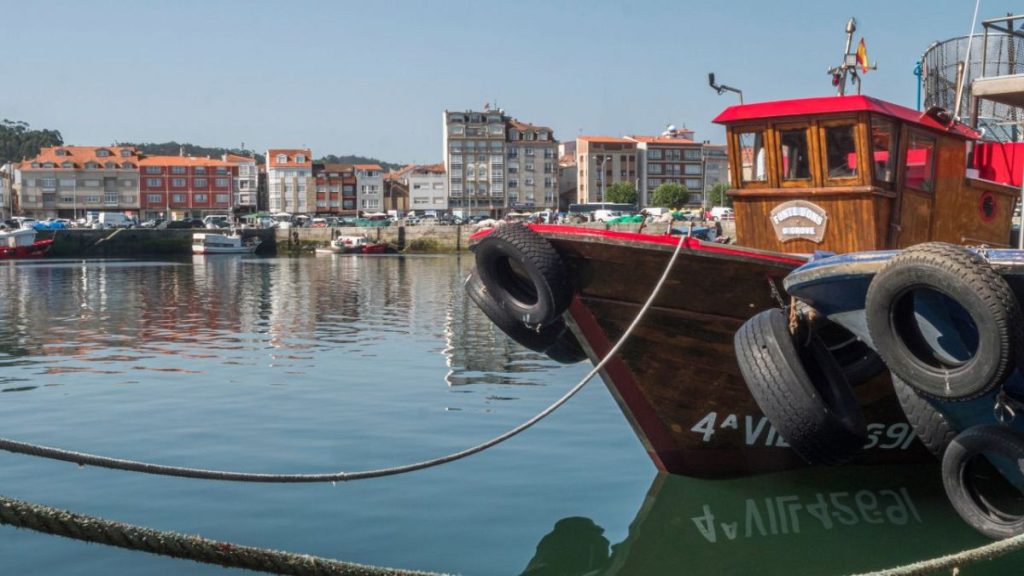In northwest Spain, residents in the village of O Hío blocked zebra crossings to protest against the influx of tourists causing traffic gridlock. The villagers, led by resident Mercedes Villar, highlighted the tripled traffic issues, pollution, and disregard for parking regulations caused by tourism. The protest was meant to raise awareness about the negative impact of overtourism in their small coastal village. Villagers emphasized the need for a mutually beneficial solution for residents and visitors to coexist peacefully, as rogue parking by tourists was creating safety concerns and access issues for emergency vehicles.
Residents in O Hío expressed frustration with the growing popularity of their area due to social media, leading to overcrowded beaches and roads during tourist season. The increase in traffic and littering has led to a deterioration of some roads, prompting villagers to take action to address these issues. Villar, as the spokesperson for the residents’ association, voiced concerns about the impact of overtourism on the environment and quality of life for locals. The protest aimed to convey the residents’ dissatisfaction with the situation and raise awareness about the need for more orderly and respectful tourism practices in the area.
The zebra crossing protests in O Hío successfully drew attention to the grievances of the local community, prompting the local council to invite residents to a meeting to discuss their complaints. This response indicates a willingness to address the concerns raised by residents and work towards finding solutions to mitigate the negative effects of overtourism in the area. Villar and other residents hope that the meeting will lead to meaningful changes that will improve the living conditions for locals and promote a more sustainable tourism model that respects the environment and residents’ rights.
Similar protests against overtourism have been observed across Spain, with residents in various regions calling on the government to address the issues caused by mass tourism. Concerns about rising property prices, rent costs, and the standard of living being negatively impacted by the influx of tourists have been raised by residents in different parts of the country. The growing discontent with the current tourism practices highlights the need for a more sustainable approach that balances the economic benefits of tourism with the well-being of local communities.
The protests in O Hío and other Spanish villages are indicative of a broader trend where residents are pushing back against the negative consequences of overtourism. The protests serve as a form of resistance to the unchecked growth of tourism and a demand for more responsible and sustainable practices in the industry. By amplifying their voices and raising awareness about the issues they face, residents hope to hold authorities and tourists accountable for their impact on the environment and local communities. The calls for change reflect a growing awareness of the need to prioritize the well-being of residents and the environment over unchecked tourism growth.









